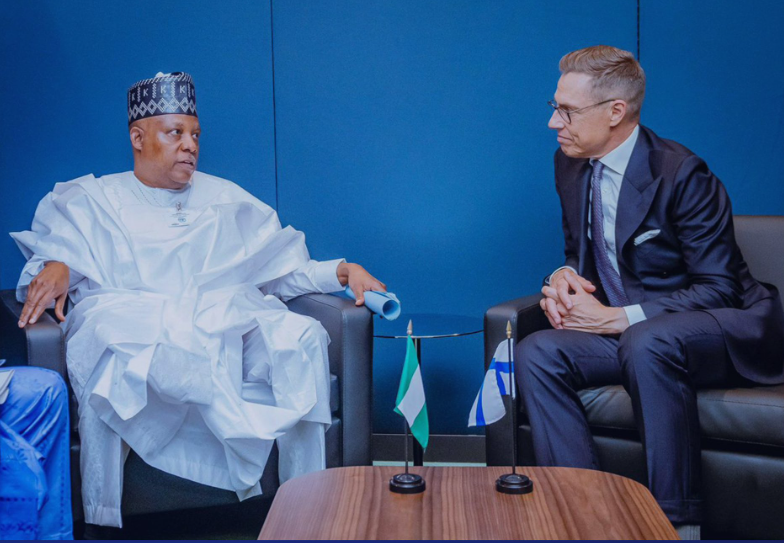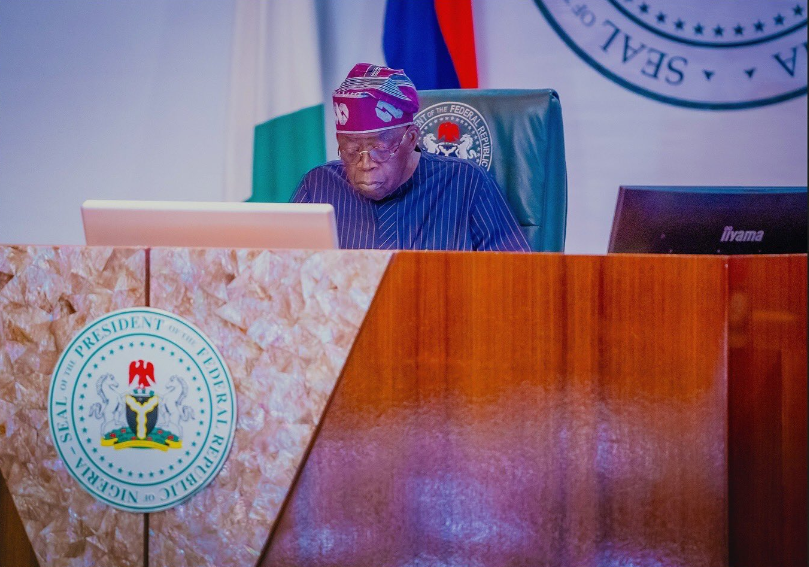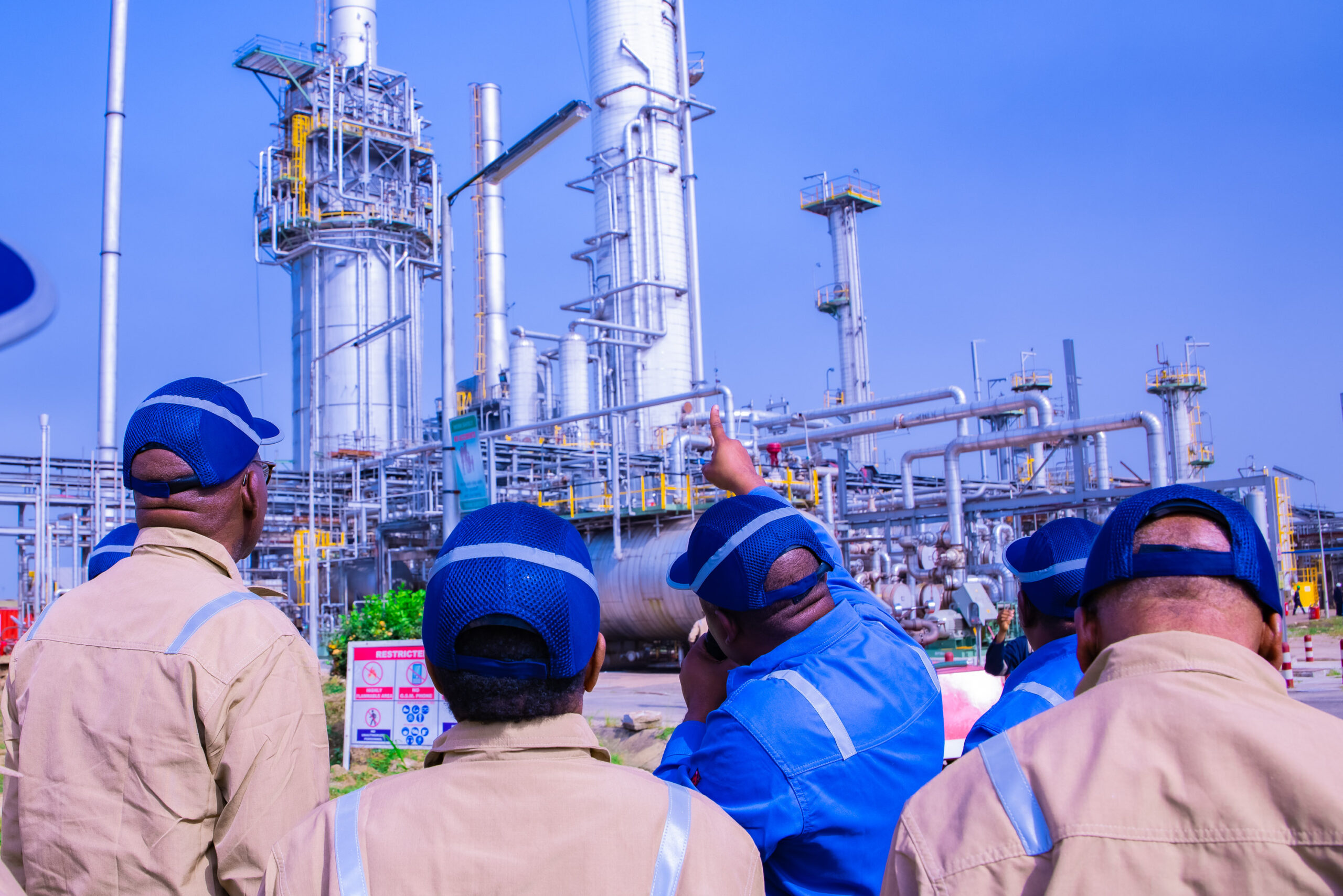By Jemimah Wellington, JKNewsMedia Reporter
AFRICA’s LONGSTANDING reliance on exporting raw minerals has trapped the continent in a cycle of poverty and underdevelopment.
Nigeria’s President Bola Tinubu warned that Africa’s vast resources, including platinum, cobalt, and manganese, have primarily served foreign markets, leaving the continent at a disadvantage.
He stressed that continuing to export these resources without local processing only deepens Africa’s economic challenges.
Speaking through Vice President Kashim Shettima at the African Minerals Strategy Group (AMSG) meeting, held alongside the 79th United Nations General Assembly (UNGA), in New York, Tinubu called for a complete overhaul of Africa’s approach to mineral extraction.

He highlighted how the continent holds critical minerals vital to the global economy, particularly in industries like electronics and electric vehicle manufacturing.
Tinubu emphasized that by exporting unprocessed minerals, Africa remains dependent on foreign markets, buying back finished products at inflated prices.
This, he said, “consolidates the foundations of our misery and pushes us further into underdevelopment.”
He urged African nations to adopt a new economic agenda focused on local value addition and industrialization.
He warned that the global demand for Africa’s critical minerals, driven by advancements in lithium-ion battery technology, presents both a challenge and an opportunity.
By processing these minerals locally, Africa can take control of its resources and create sustainable economic growth.
Tinubu committed Nigeria to this agenda, promoting local value addition in the solid minerals sector.
He pointed to Nigeria’s telecom market success as an example of the country’s potential for economic transformation, stating that the country’s vast population and resources make it a prime candidate for lithium battery manufacturing and other industries dependent on critical minerals.
Dele Alake, Nigeria’s Minister of Solid Minerals and Chairman of the AMSG, echoed Tinubu’s call for change.
He criticized the longstanding model of mineral extraction that exports raw materials for processing abroad. Alake argued that this practice has stripped African nations of the opportunity to create jobs and boost local economies.
The minister outlined a strategy to shift Africa from merely commercializing its resources to industrializing them.
He argued that by transforming raw minerals into finished goods on the continent, Africa could increase employment, reduce reliance on imports, and significantly raise the solid minerals sector’s contribution to GDP.
Moses Michael Engadu, General Secretary of AMSG, also called for decisive action, urging African leaders to make value addition a key requirement for granting mineral extraction licenses.
He stressed that this approach would ensure Africa’s natural resources benefit its people by reducing poverty and fostering wealth creation.
The roundtable, attended by investors, development partners, and financial institutions, underscored the importance of aligning political will with Africa’s economic vision to capitalize on the continent’s wealth of natural resources.
At JKNewsMedia, our dedication to delivering reliable news and insightful information to our cherished readers remains unwavering. Every day, we strive to provide you with top-notch content that informs and enlightens. By donating to JKNewsMedia, you directly contribute to our mission of delivering quality journalism that empowers and informs. Your support fuels our commitment to bringing you the latest updates and in-depth analysis. Let's continue to uphold the highest standards of journalism and serve our community with integrity and dedication. Thank you for being a part of the JKNewsMedia family and for your ongoing support.





